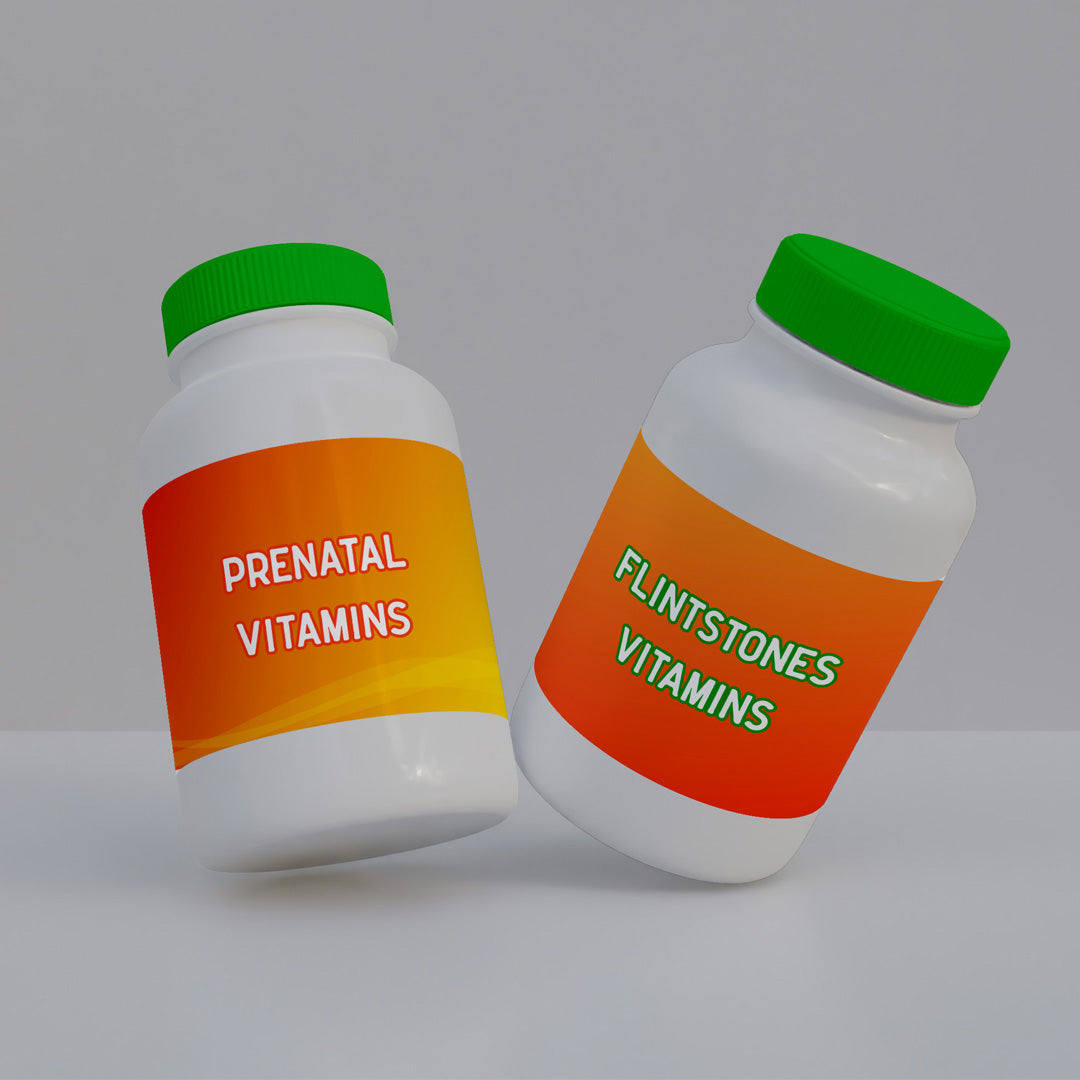Bariatric Surgery Patients Beware: Why You Need to Avoid Flintstones Vitamins and Prenatal Vitamins for Post-Op Care
Bariatric surgery is a major procedure that can drastically improve a person's health and well-being. However, it also comes with certain risks, such as the potential for nutrient deficiencies. As a result, post-operative care is crucial for bariatric surgery patients. This includes taking appropriate supplements to prevent nutrient deficiencies. Unfortunately, some bariatric surgeons continue to recommend supplements that are not suitable for their patients, such as Flintstones vitamins and prenatal vitamins.
It's time to face the facts: bariatric surgeons must stop recommending Flintstones and prenatal vitamins to their patients. These supplements are specifically designed for children and pregnant women, respectively, and do not meet the unique nutritional needs of bariatric surgery patients. Bariatric surgery patients require higher amounts of certain vitamins and minerals, such as vitamin B12, iron, calcium, and vitamin D. However, Flintstones and prenatal vitamins do not provide sufficient amounts of these essential nutrients. Additionally, these supplements can contain excessive levels of certain vitamins and minerals that can be toxic when consumed in large amounts.
The American Society for Metabolic and Bariatric Surgery (ASMBS) has specifically advised against the use of Flintstones and prenatal vitamins for bariatric surgery patients. In fact, the ASMBS guidelines state that "prenatal vitamins should not be used as a substitute for bariatric-specific vitamin and mineral supplements." Instead, bariatric surgery patients need to take supplements that are specifically formulated to meet their unique nutritional needs.
So why do some bariatric surgeons still recommend Flintstones and prenatal vitamins to their patients? There could be a variety of reasons, such as a lack of knowledge about appropriate bariatric-specific supplements or a lack of access to these supplements for their patients. However, these excuses are not acceptable when it comes to the health and safety of bariatric surgery patients.
As bariatric surgery becomes more common, it's critical that bariatric surgeons stay up-to-date on the latest research and ASMBS guidelines for post-operative care. This includes understanding the nutritional needs of their patients and recommending supplements that are designed to meet those needs. Bariatric surgeons who continue to recommend Flintstones and prenatal vitamins to their patients are not providing adequate care and are putting their patients' health at risk.
If you've had bariatric surgery and are taking Flintstones or prenatal vitamins, it's important to speak with your doctor about switching to a bariatric-specific supplement. These supplements are designed to provide the right balance of nutrients that bariatric surgery patients need to maintain their health and prevent nutrient deficiencies. By taking the appropriate supplements and working with your healthcare team to develop a healthy meal plan, you can ensure that you are getting the nutrients you need to support your health and well-being.
















































































